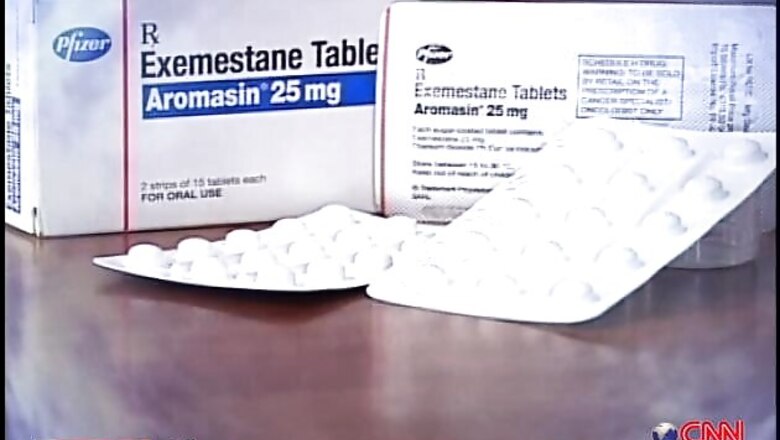
views
London: Researchers have developed an economical, reliable and metal-free chemical reaction that could yield building blocks for future anti-HIV and cancer drugs.
A team of researchers from KU Leuven, in Belgium, has developed a chemical reaction that yields fully functional 1,2,3-triazoles.
Triazoles are chemical compounds that can be used as building blocks for more complex chemical compounds, including pharmaceutical drugs.
Leveraging the compound's surprisingly stable structure, drug developers have successfully used 1,2,3-triazoles as building blocks in various anti-HIV, anti-cancer and anti-bacterial drugs.
But efforts to synthesise the compound have been hampered by one serious hurdle: they depend on harmful heavy metals to work, and this severely limits their biological applications.
In new experiments, a research team at KU Leuven's Molecular Design and Synthesis lab confirm for the first time that 1,2,3-triazoles can be synthesised through a metal-free, three-component reaction using readily available ingredients.
"We were able to develop a reaction that provided a good yield, high regio selectivity and easy access to diversely functionalised 1,2,3-triazoles," said corresponding author Wim Dehaen.
"In other words, the reaction produces plenty of the compounds we're looking for, does so reliably without unwanted or unexpected outcomes, and does this in a way that makes it easy for us to isolate the compound. This makes our method highly desirable," said Dehaen.
"Moving forward, we will focus on expanding the chemistry developed here to other new reactions while also exploring their possible applications in pharmaceutical as well as supra-molecular sciences," said lead author Dr Joice Thomas.
The finding was published in the journal Angewandte Chemie.


















Comments
0 comment